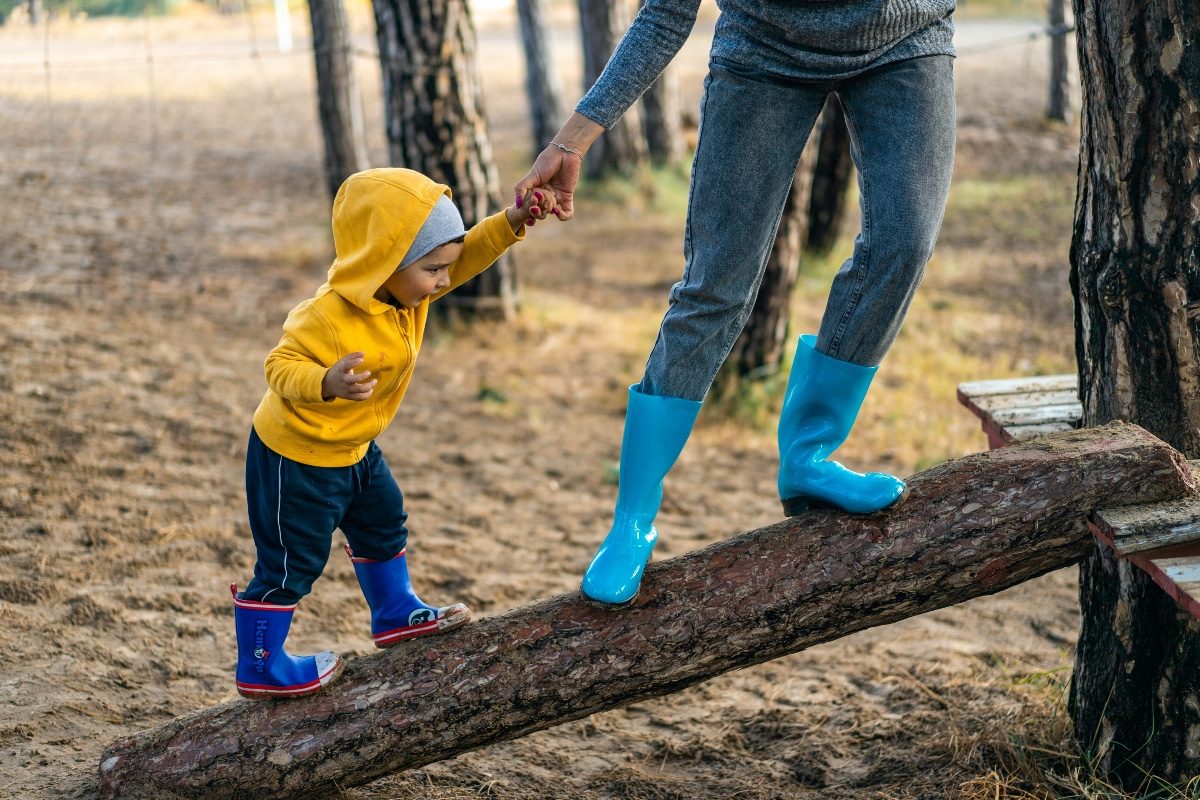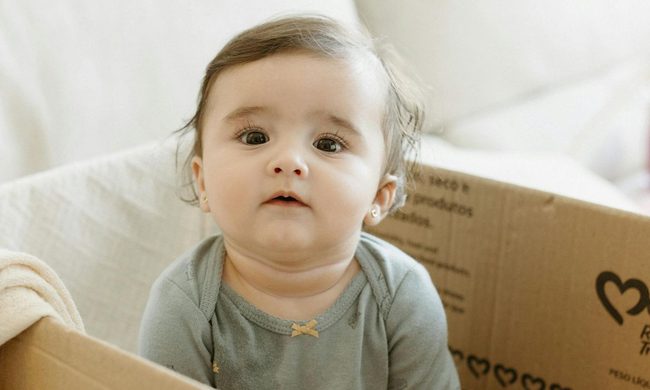Babies are known for gnawing on anything they can get their hands on, including your face! This behavior is cute when you’re cuddling your infant, but it becomes much less cute and infinitely more painful when that infant becomes a toddler and has teeth. No magic switch turns your infant into a polite mini human the moment they turn into a 1-year-old. It’s a gradual, years-long process that you’ll guide.
That means teaching the toddler boundaries. It’s a challenge that you and your little one are up for tackling together. Here’s how to handle all of it — and why it’s one of your most important roles as a parent.
What is the best age to start?

Although pushing boundaries is part of what makes a toddler a toddler, it’s never too early to start teaching your toddler about respecting other people and their boundaries. Around a child’s first birthday is the perfect time for your little one to learn rules about their behavior and how it impacts other people and things.
Basic rules teach your child what is acceptable and what isn’t in your household and help prepare them for social skills they will gradually develop. At such a young age, it’s important to be gentle when speaking with your child because they may not understand why they can’t pull on the dog’s fur or why they shouldn’t grab the remote control for the television.
Why should I teach a toddler boundaries?

Teaching your toddler boundaries lays the foundation for how they’ll interact with and in the world, from school to relationships and work. It’s a vital part of growing up. When you start to set and teach your toddler boundaries, you are:
Putting down the groundwork for consent
Hitting is typical toddler behavior, but one you shouldn’t brush off. Your toddler can’t touch you in a way that you don’t want to be touched. When you help your toddler learn this concept, you’re giving them an early lesson in consent — one they’ll carry in relationships, including intimate ones, throughout their lives.
Following directions
As they develop language skills, toddlers can tell you what they do and don’t want to do. Perhaps they don’t want to leave the park because they’re having so much fun. Still, they need to learn to follow directions — even when they don’t want to. Setting boundaries, such as telling them it’s time to head toward the car, teaches them to follow directions, which is a skill they’ll need for school.
Helping them with patience
It’s common for a toddler to want something and want it now. This desire is common for adults, too — remember the last time you had to wait an hour for dinner at a restaurant? Not fun. However, patience is critical in handling sometimes unpleasant situations. Teaching a toddler that you can’t read to them right now but will when you’re done cooking builds patience.
Teaching them to set boundaries, too
Your child has a right to their body, and they don’t always have to drop everything to help someone else. Helping your child discover boundaries isn’t just about getting them to stop biting and hitting you, but it teaches them that it isn’t OK for someone to do that to them, either.
How to set boundaries with your toddler

Setting limits with your toddler can be challenging, but you want to avoid power struggles with your 18-month-old. It’s possible to teach a toddler boundaries in a loving way that ultimately builds trust and a bond between the two of you. Here’s how to prepare for success, setbacks, and the inevitable age-appropriate meltdowns.
Give your child choices
We may joke that our toddlers are our bosses, but they have little control over their lives. You decide when it’s time to go somewhere and when it’s time to leave. It can feel overwhelming for a child trying to assert their independence, which is healthy toddler behavior.
Presenting your toddler with choices can give them a say in the matter. For example, “It’s time to leave the park. Would you like to run to the fence and back again, or do you want to hold my hand and walk with me to the car?” Or, “It’s time to go to school. Do you want to wear blue pants or gray ones?” These statements let your child know something is coming and then shift their attention to something they can decide.
Let them have a “warning”
If your child has difficulty transitioning from one activity to the next, giving them notice can feel less rash. For example, “We’re going to leave grandma’s house soon. I know you’re having fun. How should we say goodbye?” You can also remind them of a fun activity you have planned at home, such as reading their favorite book. You may even set a timer and say it’s time to leave when it pings.
Remove yourself from the situation
When your toddler hits or bites you, it’s natural to want to yell — it hurts. Try to stay calm. Don’t mistake calmness for enablement, though. Hitting isn’t OK — an important lesson.
Say, “I can’t let you hit me. I’m going to move over here where it’s safe.” Then, follow through and move. Taking this action clues toddlers into the idea of respect, consent, and bodily autonomy.
Troubleshooting when teaching a toddler boundaries

This process isn’t going to be sunshine and unicorns. There will be pushback and tears at times. Here’s how to hold your ground while respecting your toddler.
Practice self-regulation
It can be triggering when your toddler’s new favorite word is “no.” Take a breath and regulate your own emotions so you can remain calm. When you self-regulate in challenging situations, it teaches your child to do the same.
Don’t talk through a meltdown
Tantrums are normal and release big feelings that your child can’t always verbalize. You’re not going to accomplish anything during them. Sit with your child, offering to hug them if they want, and let them get their feelings out. Wait until they are calmer to discuss and repair.
Lead with empathy
You may not think having to leave the park early because of a lightning storm is a big deal. To your toddler, it’s the end of the world. Remember, all feelings are valid, even if all actions are not. It’s OK for them to cry and be upset as long as they aren’t hurting you and you are keeping them safe.
Teaching a toddler boundaries is challenging, but you can do it lovingly and respectfully. Empowering the toddler with choices and empathizing with them can build trust and even enhance your bond. Being calm and validating their feelings doesn’t mean allowing a child to do whatever they want. Feelings are valid, but actions, like hitting, are not. Moving to another side of the room when your child hits can teach them that behavior is unwanted and unacceptable. It also lays the groundwork for consent and healthy relationships. If you feel your child is struggling, speak with their pediatrician.





